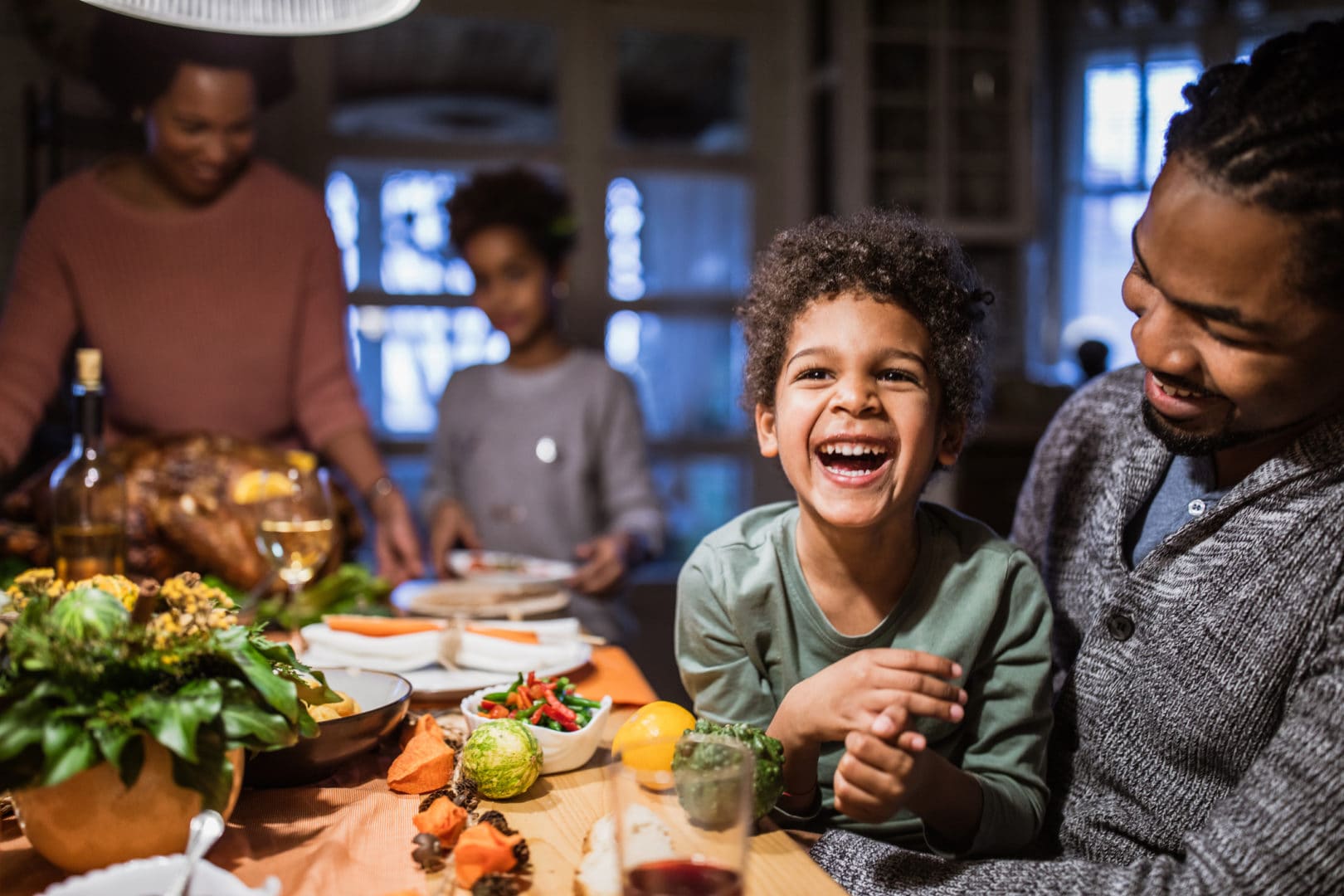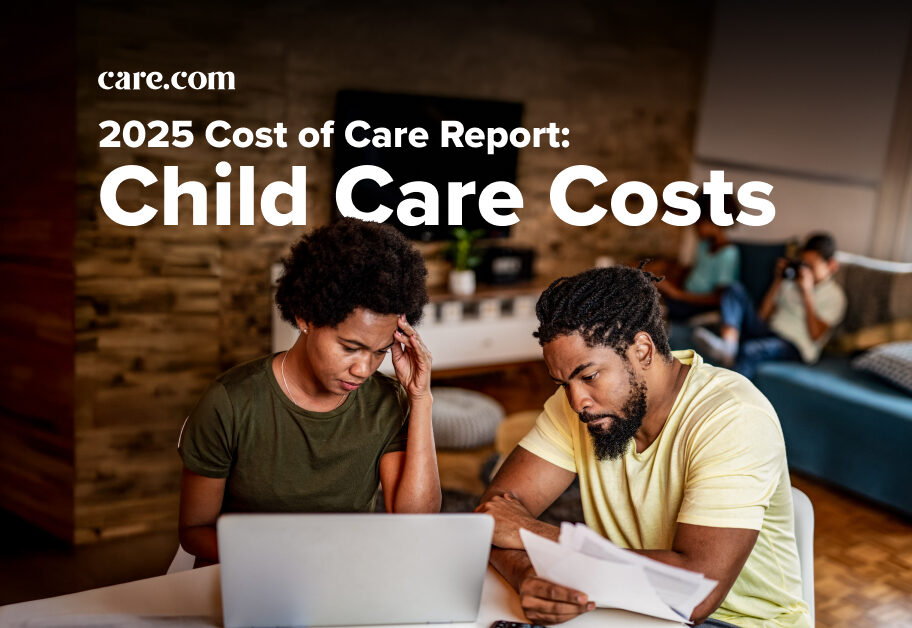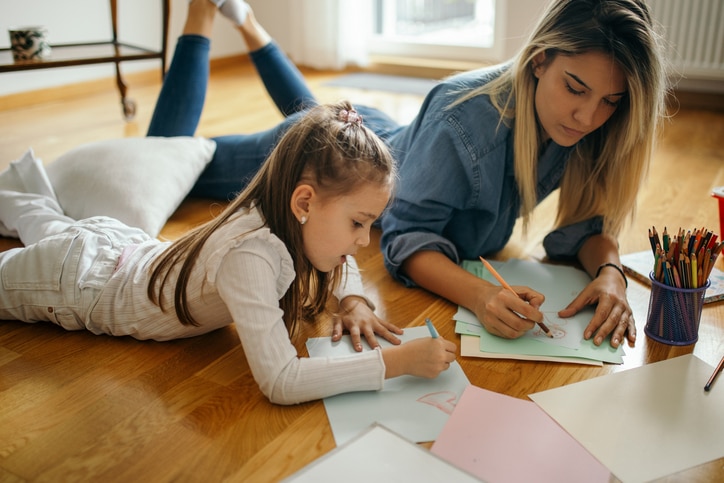Let’s face it, for many, the holidays wouldn’t be the holidays without a little family drama. This year, though, thanks to COVID, there’s an entirely new tension-filled topic to sort out with relatives: eschewing family gatherings.
Instead of butting heads about politics with Uncle Jim (or perhaps, in addition to), 2020 is the year of having to debate, and likely disappoint, family members if you’re not comfortable getting together — because, the truth is, despite what Uncle Jim says, gathering isn’t necessarily safe.
“Any gathering will carry some risk,” says Dr. Scott Weisenberg, director of the Travel Medicine Program at NYU Grossman School of Medicine in New York City. “While there are ways to mitigate it, families, particularly those with older adults and those with medical problems who are at higher risk of severe disease, should still consider potential consequences.” Weisenberg also notes that even families with young, healthy folks carry “some risk of severe disease” and adds that anyone may spread COVID-19 to others in their community once infected.
The million dollar question, though: How do you break the news to family members that you’re opting out of holiday gatherings? Here, experts offer tips and advice for saying “no” to get-togethers this year.
When should you break the news?
There’s no way around it. You might feel anxious preparing to tell family members that you are not comfortable gathering. That said, the considerate thing to do is to let relatives know as soon as you’ve made your decision.
“Obviously, this is difficult and a conversation people will want to put off, but don’t,” says Dr. Diane Dreher, associate director of the Applied Spirituality Institute at Santa Clarita University in Santa Clara, California and author of “The Tao of Inner Peace.” “Letting people know your stance as soon as possible will allow for them to plan for their holiday.”
How to tell extended family members you’re not gathering
This is uncharted territory for everyone and awkwardness is going to be hard to sidestep, but when breaking the news to family members that you’re out for this year’s celebration, don’t be wishy-washy. According to Kristen Mosier, licensed marriage and family therapist and owner of Space for Systemic Healing in New York City, not being firm can invite attempts to persuade you to reconsider, or worse, guilt trips.
“Be direct about how you feel and what you plan to do,” Mosier says. “Say something as simple as: ‘We don’t feel comfortable gathering in person this year, so we will be staying home to celebrate.’ The more confident and upfront you are about your choice, the less others will try to convince you your stance is wrong.”
What if you’re typically the host?
When you’re the go-to holiday host, opting out of the festivities can be extra tricky, as there’s an added element of feeling like you’re letting people down. (Also, it very well may be a tradition you cherish.) That said, being straightforward is the way to go — and offering a few consolation prizes, so to speak, may help soften the blow for everyone.
“If you were expected to be the host this year, gently tell your family that you won’t be holding a gathering because you love them and want to keep everyone safe,” says Dreher. “If need be, refer to Centers for Disease Control (CDC) guidelines and scientific data.” Additionally, Dreher suggests proposing a Zoom call or sending relatives a gift box of fruit or cheese on the day of the holiday.
What if you’re the only one skipping the gathering?
If there’s one thing this past year has made apparent, it’s that different people have different views on everything — even pandemics. While it may seem glaringly obvious to you that Thanksgiving, Christmas, Hanukkah and Kwanzaa should be off the table, there’s a good chance some, or maybe even all, of your relatives will beg to differ.
“If you’re the only person skipping this year’s holiday celebration, or some of your relatives think you’re being alarmist, just insist that you love them and prefer to be safe than sorry,” says Dr. Sherrie Campbell, author of “But It’s Your Family: Cutting Ties With Toxic Family Members and Loving Yourself in the Aftermath.”
Campbell also explains that if you’re the only one not willing to get together, it may get uncomfortable. “In a situation like this, it’s best to stick with your feelings of discomfort,” Campbell notes. “And if need be, let your relatives know you’re not looking for them to agree with your decision, but to respect it. You don’t need to give an explanation when something makes you feel uncomfortable.”
What if your family suggests an elaborate “safety” plan in order to get together?
While there are ways to reduce risk when gathering — quarantining and getting tested beforehand or having a socially distant, outdoor feast — they may not be all that appealing (or convenient) to you. If you find yourself in a situation where your family is trying to concoct an over-the-top plan in order to celebrate together — and you just don’t want to spend your holiday that way — be honest and suggest seeing each other virtually for a period of time on the holiday.
“State what you’re willing to do and what you’re not willing to do,” Mosier says. “And then perhaps offer to spend time together in a different way, such as doing a toast via computer, where you all share what you’re most thankful for, even in the midst of this stressful year.”
What if you’re experiencing intense feelings of guilt?
Even though you may have good intentions, this is family we’re talking about here, so there’s a decent chance there will be some layer of guilt. Ultimately, your decision is more important than guilty feelings.
“Guilt is normal, especially when your decision has left a family member alone for the holidays,” Mosier says. “It’s OK to feel those feelings and grieve the loss of that time together, but be sure to remind yourself that your sacrifice is to protect your loved ones, which is the greatest gift you can give them.”
If you are going to gather at any level …
If you’re on the fence about getting together or wind up getting roped into it, there are a few things you and your family can do to err on the side of caution. “If everyone is very careful in the two weeks before the gathering, it will reduce — not eliminate — health risks,” Weisenberg says.
He adds, “Families can also modify risk by maintaining social distancing, wearing masks and taking hand hygiene seriously both during travel and after arrival. While you can get tested just before arrival, keep in mind, a negative test today does not exclude contagiousness in the following days.”






